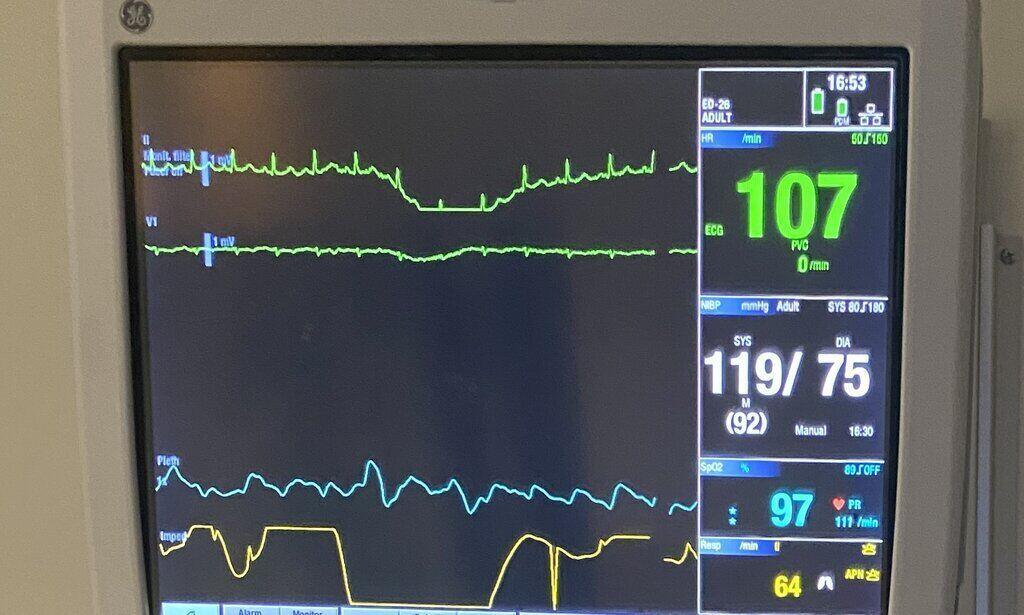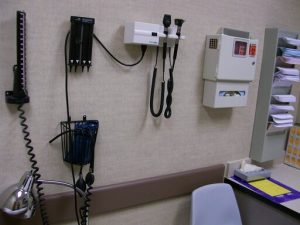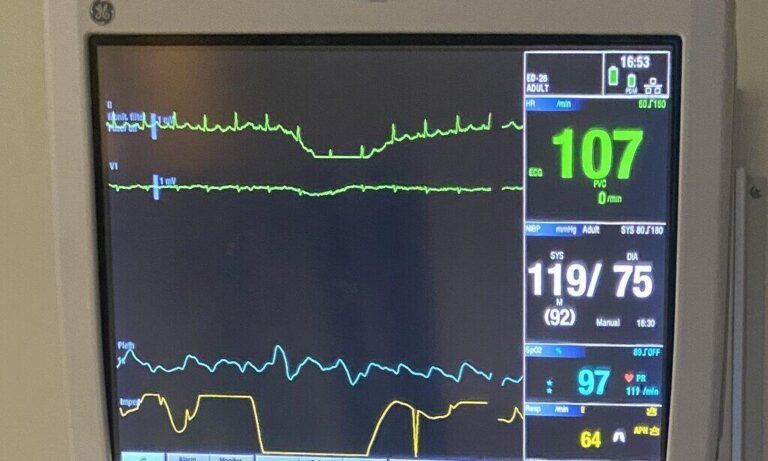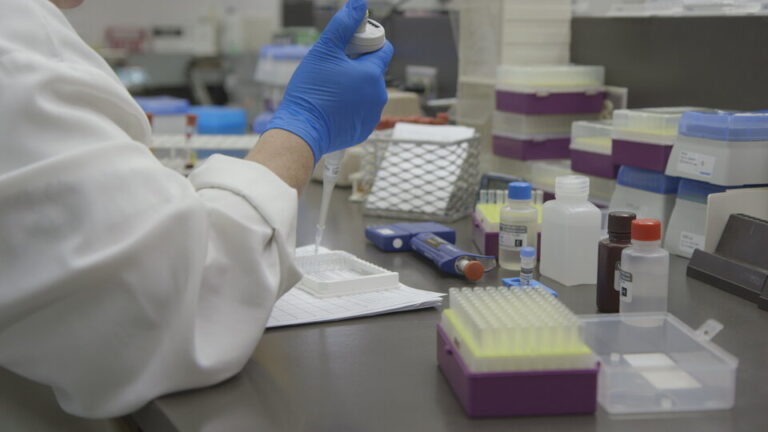Recently, researchers presented a study on heart attacks at the British Cardiovascular Society conference. In their research, they discovered a new reason for people to hate Mondays. The severest type of heart attack — an ST-segment elevation myocardial infarction (STEMI) — is most likely to occur on a Monday. The cardiologist who led the study believes that it could happen because of the body’s wake and sleep cycle.
The study was conducted by doctors at the Belfast Health and Social Care Trust and the Royal College of Surgeons in Ireland. They analyzed the data of 10,528 patients who were admitted to the hospital between 2013 to 2018. All of whom had experienced a STEMI heart attack.
Description of STEMIs
STEMI heart attacks are very serious. They occur when one of the heart’s major arteries is blocked. These events can be life-threatening. Once someone has one, they should be taken immediately to the hospital. Once there, the blocked artery needs to be opened fast. The cardiac team works together very quickly to make this happen within 90 minutes of arriving.
The difference between STEMIs and other heart attacks is the total blockage of the artery, which causes the heart muscle to start dying. This makes it so the heart cannot pump enough blood to the rest of the body. That’s what makes STEMIs so dangerous.
STEMI can be caused by many things including:
- Obesity.
- Overexertion.
- Diabetes.
- Drugs and excessive alcohol.
- Smoking.
- Stress.
- Plaque buildup in arteries.
- High blood pressure or cholesterol.
Signs of a Heart Attack
Signs of a STEMI look similar to other heart attacks. If anyone experiences the following symptoms they should call 911 immediately:
- Tightness, squeezing pressure, or pain in their chest that doesn’t go away after a few minutes. Or if it stops and then returns.
- Discomfort or pain in the back, stomach, arms, neck, or jaw.
- Lightheadedness.
- Shortness of breath.
- Nausea and vomiting.
- Cold sweat.
Not many people know that a heart attack can look very different for women. These symptoms can include:
- Fatigue, insomnia, or shortness of breath that begins prior to a heart attack.
- Nausea and vomiting.
- Pain that radiates through the jaw, neck, shoulders, arms, back, or belly.
‘Blue Monday’ Phenomenon
 The data the researchers evaluated showed a spike in the rates of STEMI heart attacks beginning at the start of the week. The highest rates were found to occur on Mondays. Currently, scientists are unsure as to why a “Blue Monday” phenomenon occurs. However, like the recent study, previous studies suggest that heart attacks are more likely to happen on a Monday. They have estimated this phenomenon occurs roughly 13% more on Mondays than any other day of the week.
The data the researchers evaluated showed a spike in the rates of STEMI heart attacks beginning at the start of the week. The highest rates were found to occur on Mondays. Currently, scientists are unsure as to why a “Blue Monday” phenomenon occurs. However, like the recent study, previous studies suggest that heart attacks are more likely to happen on a Monday. They have estimated this phenomenon occurs roughly 13% more on Mondays than any other day of the week.
Each year, the United Kingdom sees over 30,000 hospital admissions because of STEMI. In the United States, every year there are roughly 250,000 Americans who experience STEMI. At the conference, lead researcher, Cardiologist Dr. Jack Laffan stated, “We’ve found a strong statistical correlation between the start of the working week and the incidence of STEMI. This has been described before but remains a curiosity. The cause is likely multifactorial, however, based on what we know from previous studies, it is reasonable to presume a circadian element.”
“Someone is admitted to hospital due to a life-threatening heart attack every five minutes in the UK, so it’s vital that research continues to shed light on how and why heart attacks happen.,” Medical Director at the British Heart Foundation (BHF), Professor Sir Nilesh Samani, revealed.
Further Research
Now, researchers need to figure out why “certain days of the week [makes] them more likely” for people to have heart attacks. “Doing so could help doctors better understand this deadly condition so we can save more lives in [the] future,” added Sir Samani.
By Sheena Robertson
Sources:
Eurek Alert!: Deadly heart attacks more common on a Monday
Frederick Health: What Is a STEMI Heart Attack?
Yahoo! News: You’re more likely to have the severest type of heart attack on a Monday, study suggests
Top and Featured Image Courtesy of Sheena Robertson
Inset Image Courtesy of biologycorner’s Flickr Page – Creative Commons License









